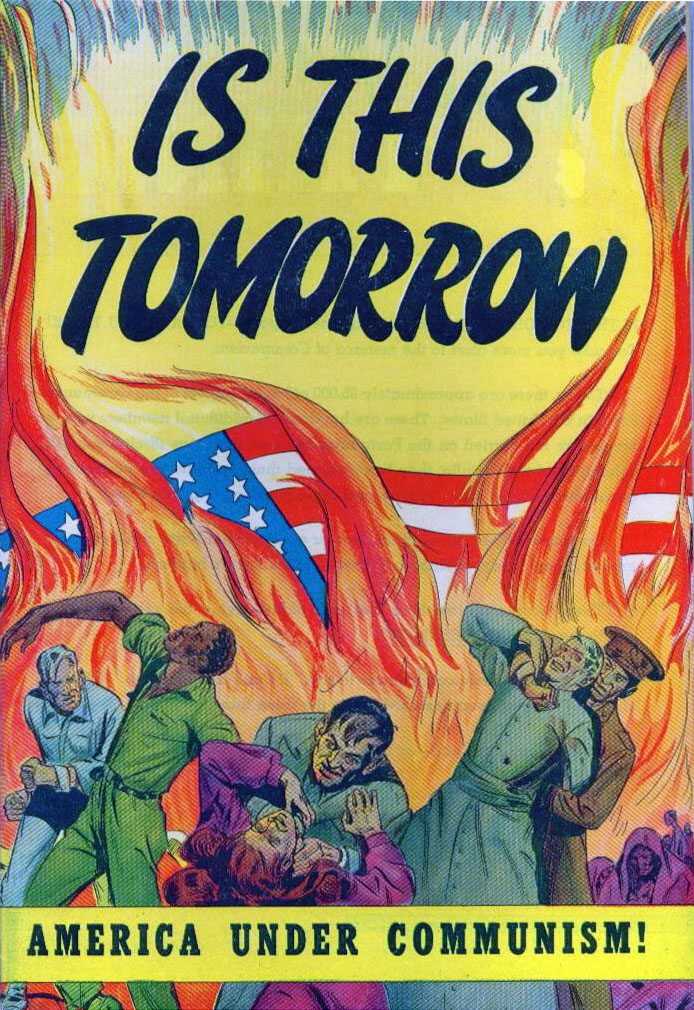This essay was the starting point.
¨belief occurs between the recognition of alterity and the establishment of a contract. It disappears if one of the two terms weakens. belief no longer exists when difference is effaced by a process tending to equalise the partners and give them a mutual mastery of the contract; it no longer exists when difference becomes excessive through a breach of the pact.¨
no.1: so… the contract dissolves according to the development of dialogue ? co-operation? so belief is always in crisis because it is representative of an in-between space but is the expression of positioning?
no.2: Belief in what? In the relationship between “partners”?
The temporality of “belief” in that passage is puzzling. A contract is either established or it isn’t. As such, the establishment of a contract would seem to cancel “belief.”
me: In the quote belief exists in inequality. The grandest beneficiary of belief is God, the absolute authority and most unequal of relationships.
It’s not the contract that dissolves with co-operation, but belief; belief in general.
This idea is puzzling because we no longer relate outside capitalism. There was a time when friends lived together as equals, out of this arose the notion of democracy. The equality necessary for living happily together defined a household. In equality you know your friend.
In capitalism all relationships become a form of exchange. The other is not known, it is belief that allows us to proceed without knowing.
When we give to a friend we know, there is no expectation of return.
When we expect a return from an other, we can only believe. Getting to know the other replaces belief.
I think Nietzsche said something like that. [ “Here the ways of men divide. If you wish to strive for peace of soul and happiness, then believe; if you wish to be a disciple of truth, then inquire.” – Nietzsche ]
no.2: This seems a little quaint, no?: “There was a time when friends lived together as equals, out of this arose the notion of democracy. The equality necessary for living happily together defined a household. In equality you know your friend.” …
E.g., slavery, which preceded capitalism (and was practiced to some extent by the Haida Indians of the Pacific Northwest).
“In capitalism all relationships become a form of exchange.”
This overstates things, rather.
me: no. It doesn’t seem quaint to me. There was a momentary practice out of which the idea of democracy was born. That practice is gone. The idea of democracy in capitalist practice is confused. Property relations are not equal.
And I don’t think you can overstate the damage done and being done by capitalist ideology and practice.
no.3: Please name a time/country/system when we were all equals and friends, Rodger.
Democracy has never in fact happened and this stand in we are under only causes harm. (People should stop saying Communism only brings corruption and dictatorship since neither idea has really been properly tried and Communism only given a fraction of the chance).
Justice is a confusing term that no one understands and which has always been used as a bull flag to whip public sentiment toward supporting atrocity.
I don’t think the comments are “quaint”, they just don’t make any sense.
me: @no.3 Come on.
Look, no.2 was puzzled by the temporal quality of belief. Why is this puzzling. What word doesn’t possess a temporal quality?
What I suggested is that capitalist ideology might be the cause of this confusion. It might also be the source of your understanding, and questions. Capitalist ideology tends to totality. Your statement that Democracy has never in fact happened is correct only if democracy need be total.
So no I can’t point to a historical moment of total democracy. But neither can you point to a total fascism, there was resistance. What I can point to, and it’s noted in Aristotle’s Ethics, is a time when friends would live together in Greek households, not all households were democratic, and not everyone in a household was equal, but the practice of equals managing household affairs gave rise to the concept of democracy.
You can actually tonight practice democracy in your own home. The practice of democracy has existed and can be practiced tonight in small spaces. If totality is the prerequisite for change, we might as well give up on the notion right now.
But change can be incremental. Have you heard of the theory of evolution?
no.3: “But neither can you point to a total fascism”. I wouldn’t try.
I wouldn’t make sweeping statements about “justice”, “democracy” or “equality”, either. None of us really know what those things mean and they only ever cause harm.







